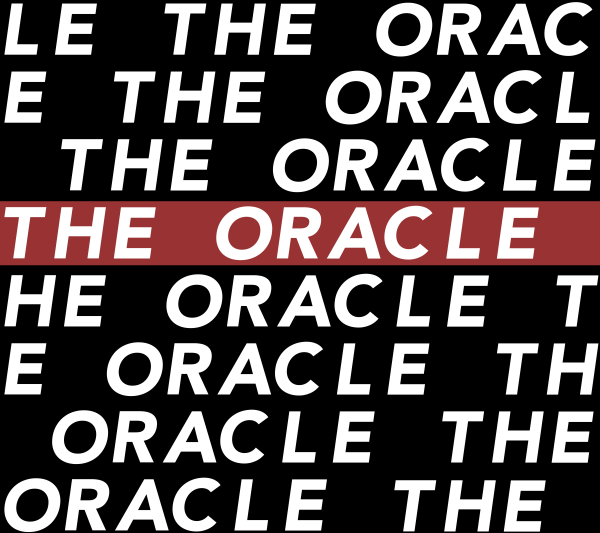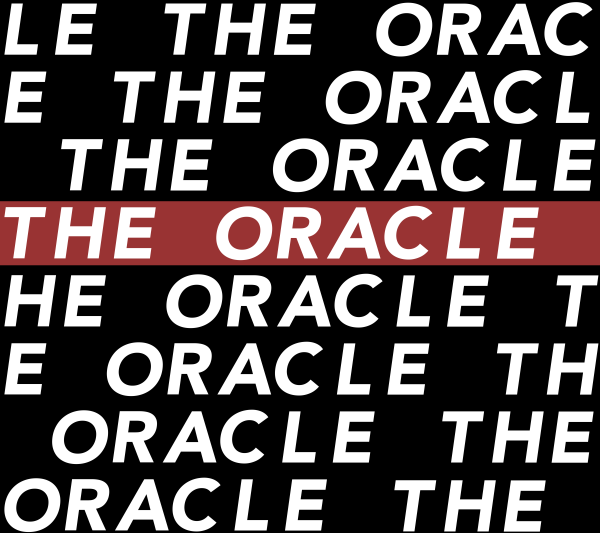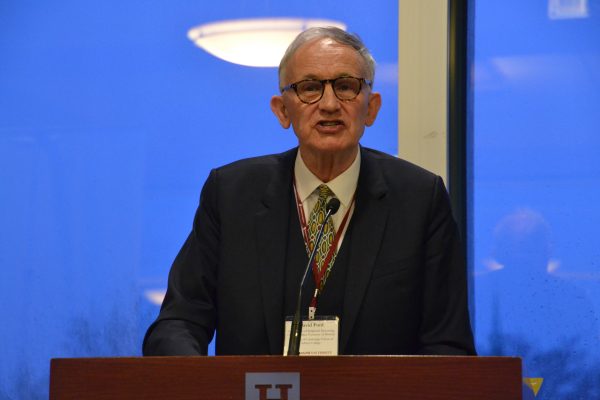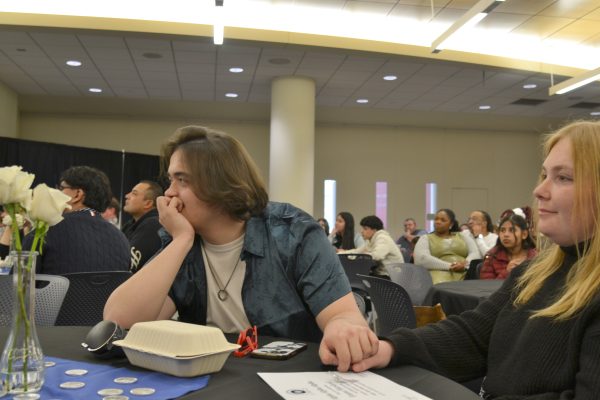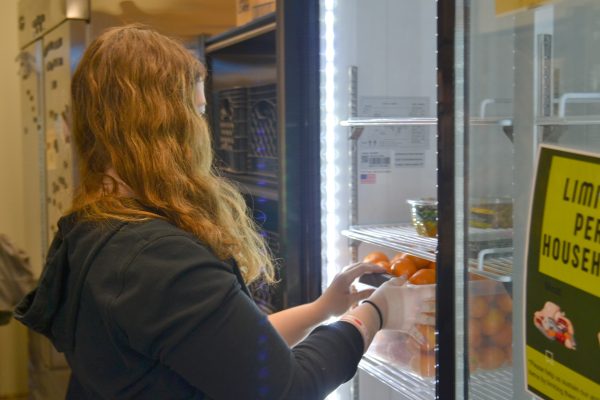Watch the debates? Hamline students didn’t
Summarization of both first political debates and a survey of Hamline students.
October 28, 2015
I took answers from 100 Hamline students, 65 did not watch either of the presidential debates, 30 watched just one debate, and 5 watched both.
Senior Natasha Lenz watched both political debates and stated, “Hamline students would benefit from watching both sides of the debate to get both perspectives and form better arguments.”
Rayla Arnold a junior, stated, “No, I didn’t get around to watching the debates but I think it would have been beneficial to.”
On Aug. 6, the first republican presidential debate took place, in which the top ten candidates according to the polls took the stage to answer questions from three moderators (Bret Baier, Megyn Kelly and Chris Wallace).
The top ten candidates included Donald Trump, president of Trump organization, Ben Carson, Neurosurgeon, Jeb Bush, former governor of Florida, Ted Cruz, Senator from Texas, Scott Walker, governor of Wisconsin, Marco Rubio, Senator from Florida, Mike Huckabee, former governor of Arkansas, Rand Paul, Senator from Kentucky, John Kasich, governor of Ohio, and Chris Christie, governor of New Jersey.
A couple highlights of the first Republican debate include Trump wouldn’t promise not to run as an independent, candidates discussing NSA surveillance, gay marriage, ISIS and Trump was asked about previous insults to women.
On Oct. 13, the first democratic presidential debate took place in which the top six candidates according to the polls took the stage to answer questions by the three moderators. The democratic presidential candidates included Jim Webb, former Senator from Virginia, Bernie Sanders, Senator from Vermont, Hillary Clinton, former Secretary of State, Martin O’Malley, former governor of Maryland, and Lincoln Chafee, former governor of Rhode Island.
Topics of interest included foreign policy, gun control, and Hillary Clinton’s position shift. During the debate candidates called for a higher minimum wage, paid parental leave, and higher taxes on the wealthy. The candidates were asked what they thought the biggest threat facing the U.S. was and Chafee responded Middle East tension, O’Malley said the nuclear Iran and climate change, Clinton said Nuclear proliferation, Sanders said climate change, and Webb said China, cyber warfare and the Middle East.
Both debates highlighted the fact that the candidates are skilled in debate and public speaking.
One of the most noticeable difference between the debates overall was the specific word choices when dealing with specific topics. Immigration was brought up in both debates. During the republican debate the terms “illegal immigration” and “illegal immigrants” were heavily used. In the democratic debate the term “undocumented immigrants” was more readily used.
Another example is health care/obamacare, in which the republicans were more likely to refer to it as “obamacare” while democratic candidates were more likely to refer to it as “health care”.
During the democratic presidential debate Bernie Sanders explained the key to change was to get the younger generations to vote. Knowledge of both sides and staying up to date with the presidential candidates can help Hamline students form a better knowledge of what they believe and why and who they are going to vote for.

